Nicosia, the southeasternmost capital of Europe, has been the capital of Cyprus since the 10th century AD.
Cyprus lies at a fascinating crossroads between continents, providing a unique blend of cultures. While geographically part of Asia, Cyprus belongs to the EU, creating an appealing mix of international influences. Living in Cyprus, particularly in Nicosia, offers a distinct experience shaped by its rich history, marked by fortress walls built by the Venetians in the Middle Ages and a city center that’s a vibrant cultural hub. Those moving here quickly realize the importance of familiarizing themselves with local customs and services, including guides for healthcare, education, and transportation options. Also, we will see disadvantages of living in Cyprus.
Advantages of living in Nicosia
Business Opportunities and Financial Prospects.
Nicosia is Cyprus's economic heart, with a dynamic business environment that appeals to both locals and international expats. Major Cypriot banks and regional offices of renowned global companies have headquarters here, contributing to a prosperous financial landscape. For those looking at business opportunities, Cyprus offers a strong foundation. This thriving corporate sector provides ample opportunities for both established companies and entrepreneurial ventures. Tax incentives, lower costs, and a favorable regulatory environment make it appealing for both EU-based and international business.
For newcomers, understanding healthcare and insurance is essential, as medical costs vary significantly between public and private hospitals. Health insurance plans provide access to various healthcare services, from standard clinics to more specialized medical facilities, making health management a priority for families. Guides and research on different insurance plans and healthcare costs can assist in making informed decisions. The right insurance and health plan can ensure your needs are well-covered, especially when choosing between public and private healthcare.
Cost of Living Nicosia. The cost of living in Nicosia tends to be lower than in coastal cities like Limassol. In particular, housing is more affordable, with rent costing 20-30% less than Limassol and 10-15% less than cities like Larnaca or Paphos. Despite rising costs in 2022, Nicosia remains relatively budget-friendly. For those relocating for work, this cost advantage is notable, as accommodation expenses in prestigious neighborhoods still compare favorably. Affordable options in housing mean expats and locals alike can access diverse living arrangements, from central apartments to suburban villas.
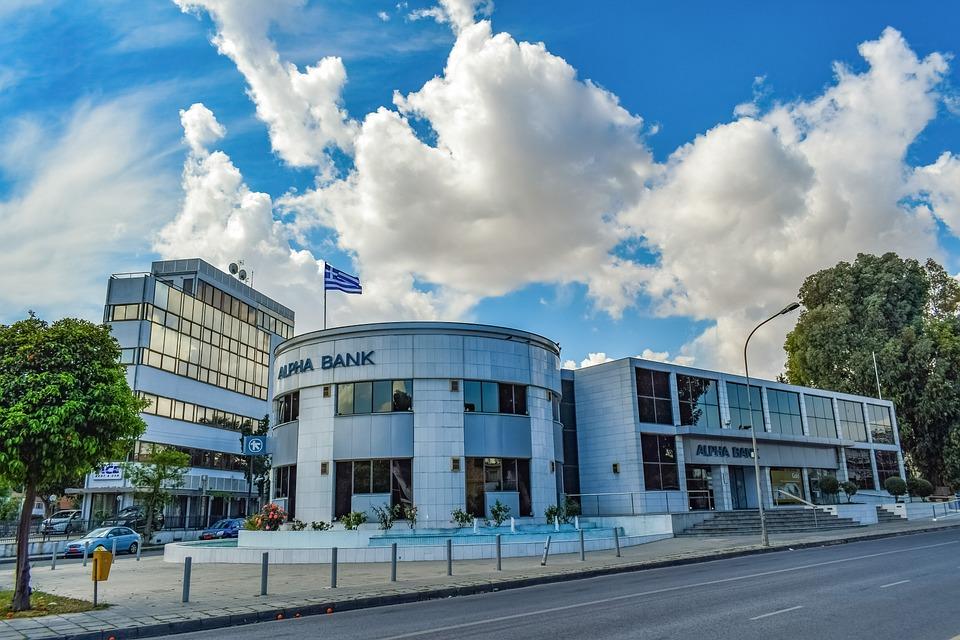
Another aspect of Nicosia is that there is no sea, so there are far fewer tourists in the city, and those who do come usually stay for no more than 2-3 days. Therefore, rentals in Nicosia are mostly long-term. By renting an apartment for a year or more, you can get a good discount, especially if you offer to pay several months' rent in advance. Prices for goods and services are also significantly lower than on the coast, especially if you know where to find budget supermarkets, fruit and meat shops, and if you have your own reliable mechanic, hairdresser, or masseuse.
In Limassol and Larnaca, many services are 30% or more expensive than in Nicosia. Often, when they see a foreigner and hear a Slavic accent, tire shops or plumbers quote absurdly high prices. By default, we are all illegitimate children of oligarchs to them.
Educational and Cultural Offerings
Nicosia’s educational options are ideal for families moving with children, thanks to its strong presence of international schools. These institutions cater to various linguistic and cultural backgrounds, making it appealing to international expats. With options including English and French schools, students can achieve proficiency in languages like German or French and pursue education abroad in EU countries. Furthermore, institutions for higher learning, such as universities, are well-regarded, with guides offering essential information for students.
The city is also a cultural hub, with embassies organizing diverse events year-round. These range from film festivals, like those hosted by the Swiss and German embassies, to annual cultural celebrations. The Japanese and Israeli embassies provide scholarships for students, facilitating opportunities for higher education abroad. Such events enrich Nicosia’s cultural life, allowing residents to enjoy diverse artistic and academic opportunities.
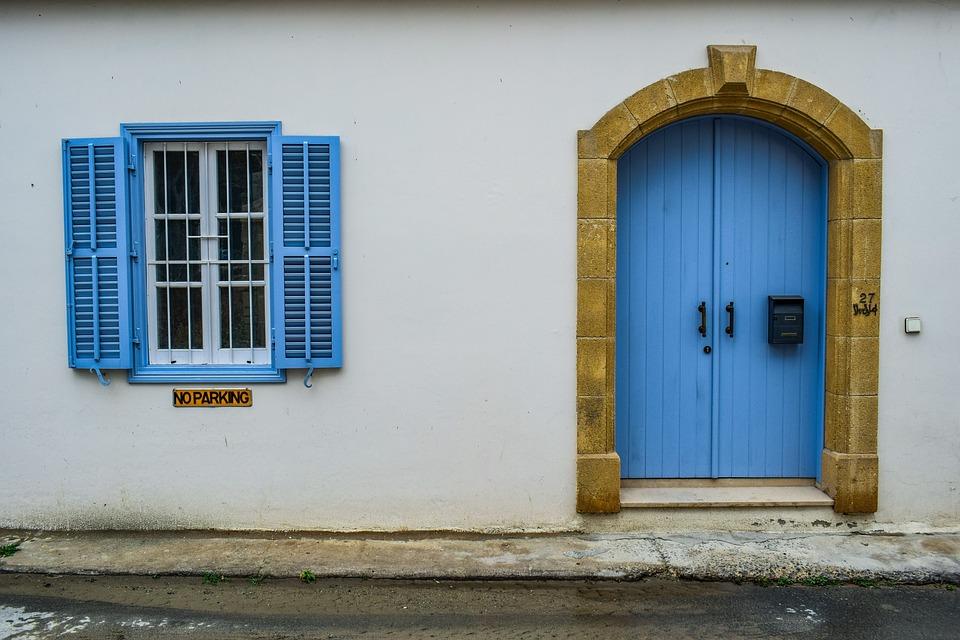
Parks and Green Spaces
Nicosia offers unique green spaces not often found in other Cypriot cities. Parks like the "Grammiko" linear park, stretching along the Pedieos River, provide residents with scenic spots for leisure and exercise. Another notable green space, Athalassa Park, resembles a small forest and includes playgrounds, cafes, and ponds, providing a peaceful escape from city life. Such areas make the absence of a coastal environment less of a disadvantage, as they offer plenty of outdoor activities for families, young professionals, and retirees.
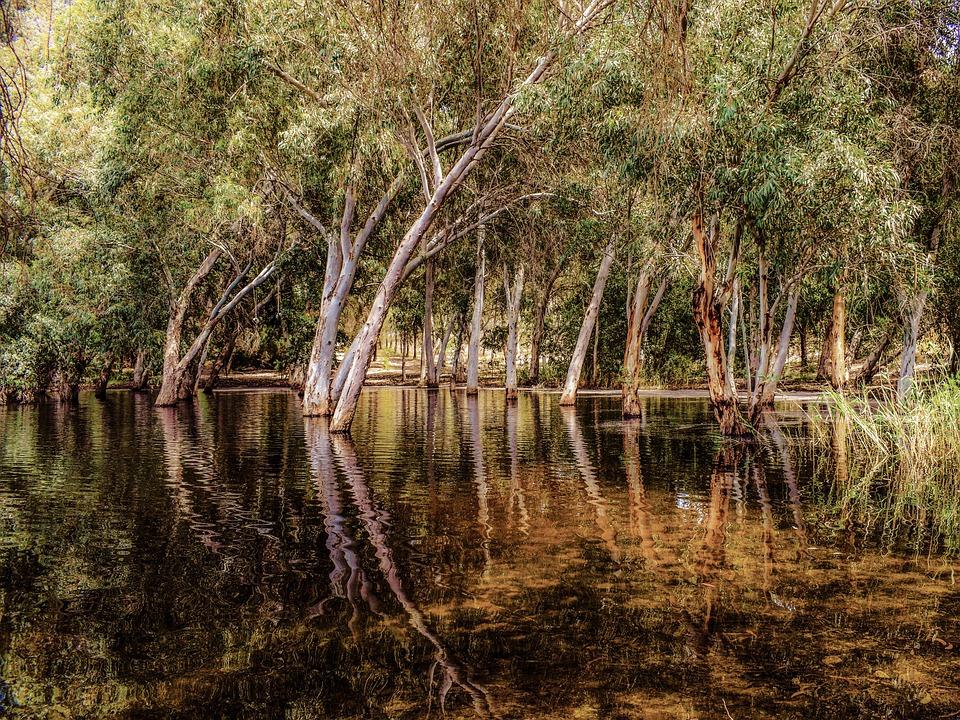
The river has almost ceased to exist largely thanks to the British. However, not everything is clear-cut in this story. The Pedieos River originates in Troodos, near the Monastery of Machairas, crosses the Mesaoria valley, passes through the center of Nicosia, and flows into the sea on the east of the island, in Famagusta Bay. The length of the river is 98 km, but in summer, it practically disappears, turning into underground streams.
To make the marshy valley habitable, the British planted hundreds of eucalyptus trees here: as we know, this tree needs a lot of water. Eucalyptus helped to dry up the center of Nicosia and rid the locals of malaria mosquitoes. Thus, the river was practically destroyed, but the people living there stopped dying from malaria.
Another outstanding park in Nicosia, more like a forest, is Athalassa Park. It covers an area of about 2 km², and there are several cafes, playgrounds with bars, and a "Tarzan swing," as well as a pond where ducks and giant goldfish live. Visitors feed the poor fish with chips and bread rolls. On this unusual food for them, the fish turned into mutants. Each of them weighs at least 3-4 kg.
The Historic City Center and Real Estate
Nicosia’s old city center, located within Venetian walls, features an eclectic mix of historic buildings, immigrant communities, and modern shops. The area is known for its unique architecture, yet it’s often less popular for residential purposes. The proximity to the "occupied" territories has contributed to this, creating a complex socio-political backdrop. Nonetheless, Nicosia’s property market includes a range of appealing options, from historic houses to new apartments. Research into guides and market trends, as well as connecting with reputable property brokers, will help buyers and renters find the best fit.
Brand-name shops and immigrant shops from Syria, the Philippines, India, and Sri Lanka, where you can buy basmati rice, coconut oil, harissa, za'atar, pomegranate juice, and spices, are located side by side in the alley. Here, immigrant life issues are resolved: finding a room in an apartment, getting a haircut from a seller who is also a barber in a shop behind a curtain, sending money home, eating a portion of noodles, or chatting about life.
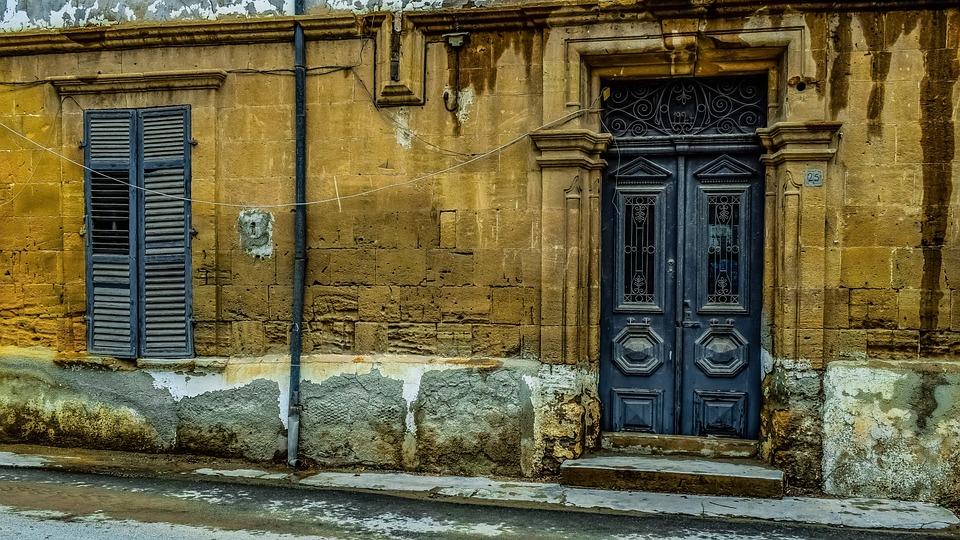
The old city is the quintessence of smells, tastes, colors, and times, and every walk along its narrow streets is like a journey to another country. The center of Nicosia, the ancient part of the city located within the Venetian walls, is the least prestigious area for living or real estate investment. Here, historic buildings coexist with dilapidated structures and trendy cafes and shops with creepy entrances without doors and light, where economic migrants live.
The reason for this unpopularity is the border that passes through the center of the city, dividing Cyprus into two parts: the Republic of Cyprus and the occupied territories occupied by Turkish troops.
Villas and old houses in central districts of the city
The best neighborhoods in Nicosia in descending order are Agios Andreas, Engomi, Makedonitissa, Aglantzia, as well as parts of the districts Agii Omologites, Agios Pavlos, Strovolos, Agios Dometios, Lakatamia, and Latsia.
Expensive neighborhoods are home to lush green villas of affluent residents. The middle class prefers simpler homes or townhouses - houses with a shared wall with neighbors. Many people live in apartments. Due to the high seismic activity in Cyprus in the 90s, high-rise buildings were no longer built, so for the last 2-3 decades, they have practically not built houses higher than three floors, which are small apartment buildings (maximum of 9-12 apartments).
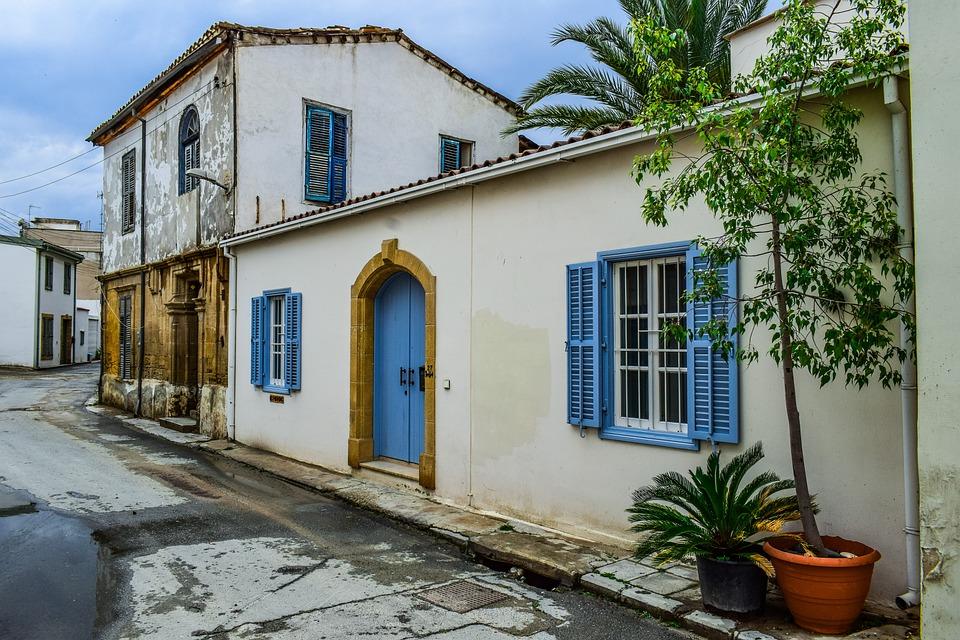
However, due to the construction boom, the trend for skyscrapers has reached Nicosia. Currently, several high-rise residential complexes are being built in the city. In addition, one of the most beautiful modern buildings on the island - Tower 25 - is located in Nicosia.
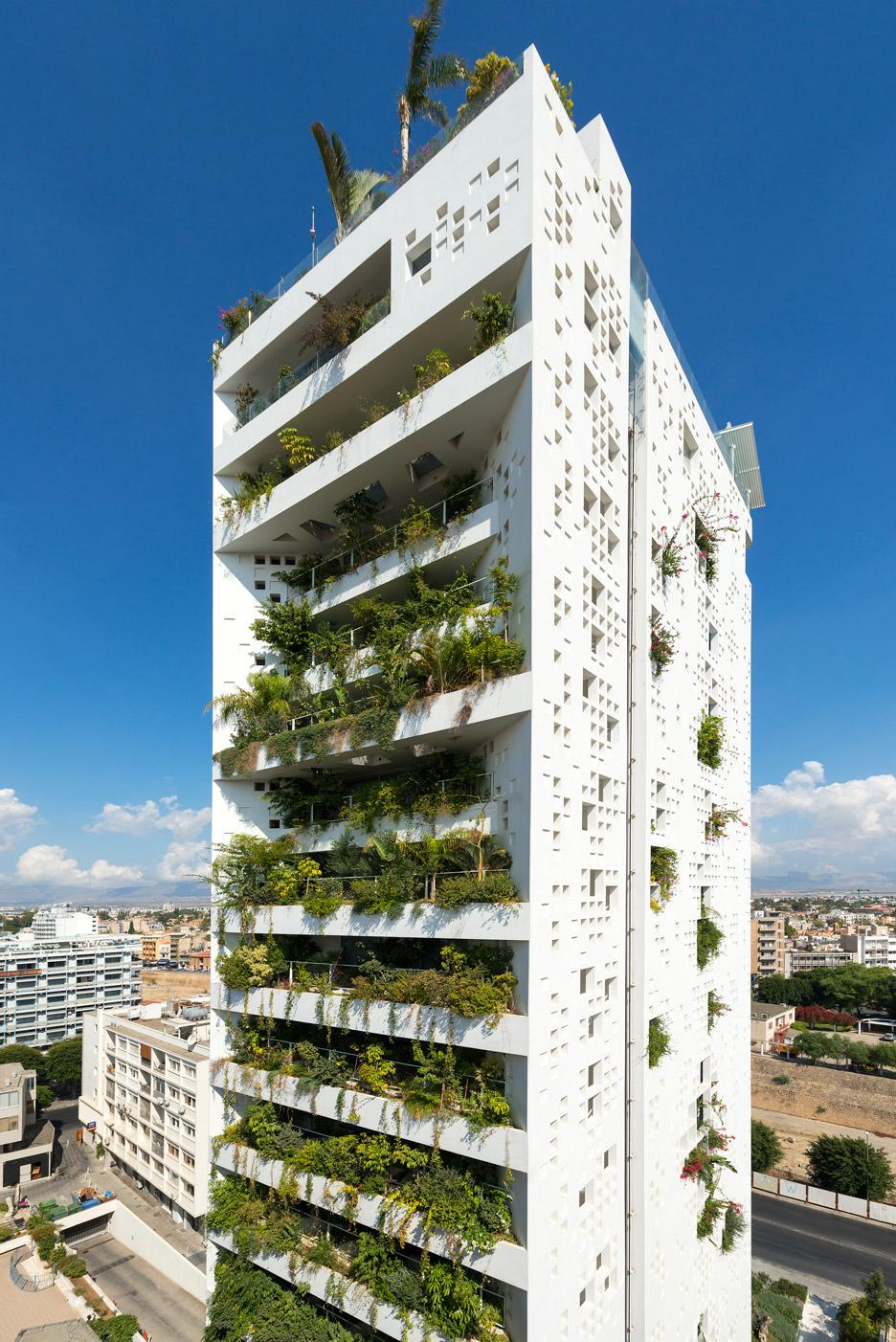
Cons
Distance from the sea
The biggest disadvantage of Nicosia is the absence of the sea. As you know, the capital of Cyprus is located in the center of the island. In ancient times, this was a wise decision. The location of Nicosia provided protection against raids by pirates, Arab and Ottoman conquerors. Now it is a disadvantage. The road from the city to the nearest beach will take about 40-50 minutes. If you live in Engomi or Agios Pavlos, you will spend about the same amount of time in city traffic before you get onto the highway. Therefore, most expats who move to Cyprus choose the coast.
Dusty storms
Nicosia has a khamsin (dusty storm) which is not good for health. Dust also comes to other cities in Cyprus. But thanks to the constantly blowing sea breeze, the concentration of dust on the coast is usually lower, and the air is cleared of it faster.
Dust (microscopic particles of sand) periodically visits the island after dust storms in North Africa and the Arabian Peninsula. Thanks to Cyprus' location, situated between two continents, it comes here alternately from two continents. And it happens quite often.
During the period from February to April, a haze often hangs over the city, which sometimes turns into a dense curtain, and then it is better not to go out unnecessarily, to turn on the air conditioner for air filtration in the apartment and the car, to do wet cleaning more often, and patiently wait until the air becomes clean again and the sky becomes blue.
Usually after a dust storm comes cooling and rain. After them, everything becomes brown or yellow, depending on the origin of the dust: African - red, Arabian - yellow.
Strong continental climate
Since Nicosia is located far from the sea, there is no softening effect from it, so the capital has a very hot summer and a colder winter than on the coast. In summer, the difference in daytime temperatures can reach 10-12 degrees (in Paphos and Larnaca it can be 28-30 degrees, and in Nicosia 40-42 degrees), which, of course, negatively affects the quality of life of its inhabitants and negatively affects the numbers in electricity bills.
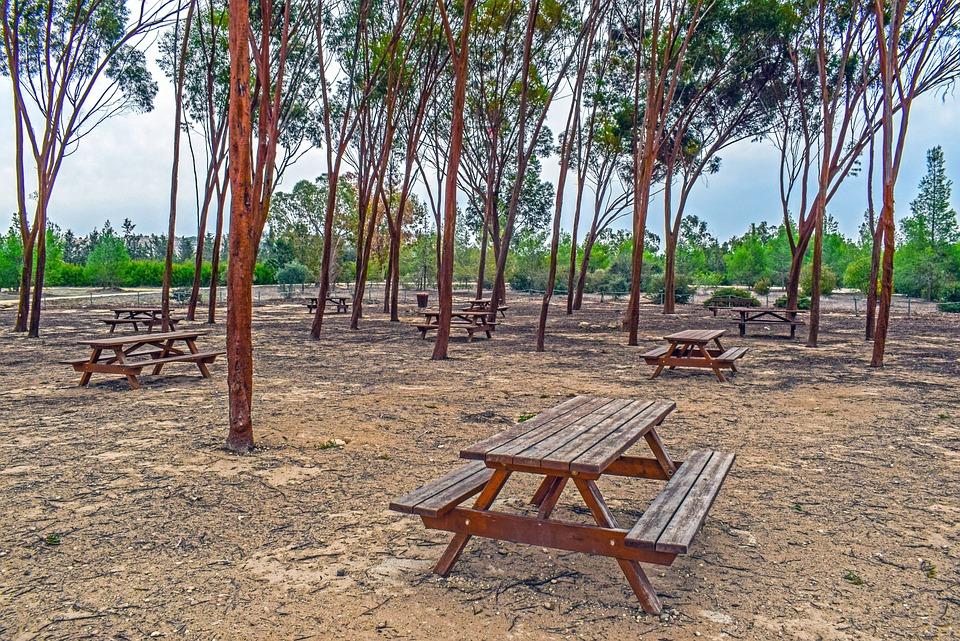
In Nicosia, the most "continental" climate on the island: summer is hotter here than on the coast, and in winter it is much colder. The average daytime temperature in summer is about 37-38 degrees, but for a few weeks in July and August, it can reach 40-42 degrees.
Street traffic jams during rush hour
For many years, Nicosia was the champion in terms of unhealthy road congestion during peak hours: from 7 to 9 am, from 12 to 2 pm, and in the evening from 5 to 7 pm. However, in recent years, Limassol has taken the lead. Due to the relocation of many companies to Cyprus and the population of Limassol increasing by several tens of thousands of people (and the infrastructure was not ready for this), the city's residents are forced to spend part of their time in traffic jams every day.
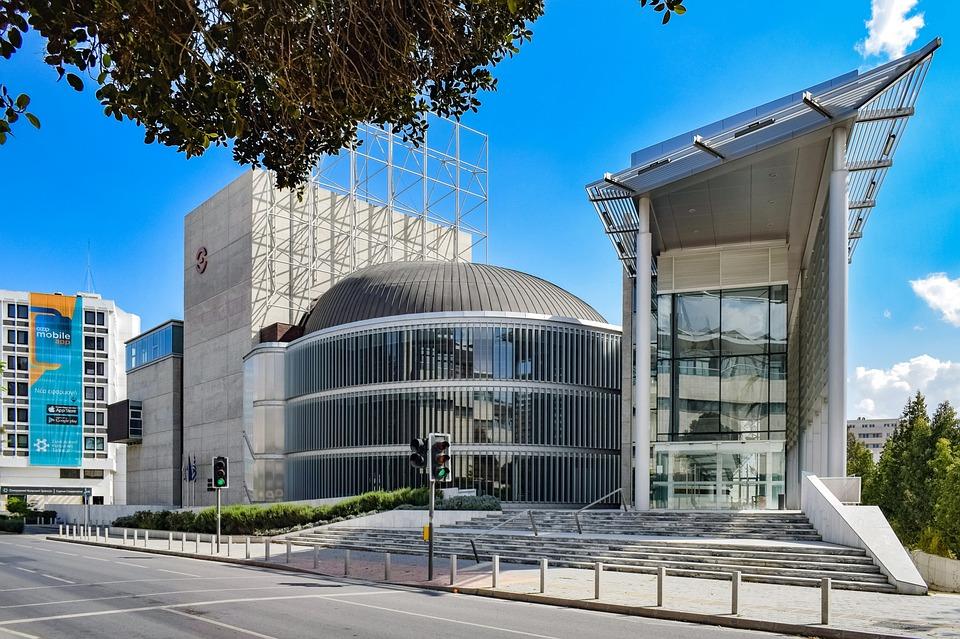
Proximity to Occupied Territories
Since the demarcation line separating the "Greek" and "Turkish" parts of Cyprus's capital runs through the center of the city, some Nicosia neighborhoods are practically on the border. Many buildings located in the immediate vicinity of the border have not been repaired for several decades. Some of them are in a state of emergency. Migrants and the poorest inhabitants of the Cypriot capital live there. In addition, it is uncomfortable to live in the outskirts of the capital (districts of Geri, Latsia, and others). There are no trees and parks, infrastructure is not developed, it is far from shops, pharmacies, schools, and gas stations. In summer, the landscape in this area, with its similarity to the Martian desert, combined with heat and dust, brings residents an enduring longing.
At the same time, there are hundreds of real estate options in Nicosia to suit any taste and budget, from historic houses with mosaic floors and eastern-style courtyards to luxurious duplexes with garden balconies in small apartment buildings, as well as new apartments and houses built from environmentally friendly materials and equipped with the latest technology. For more information, contact DOM!
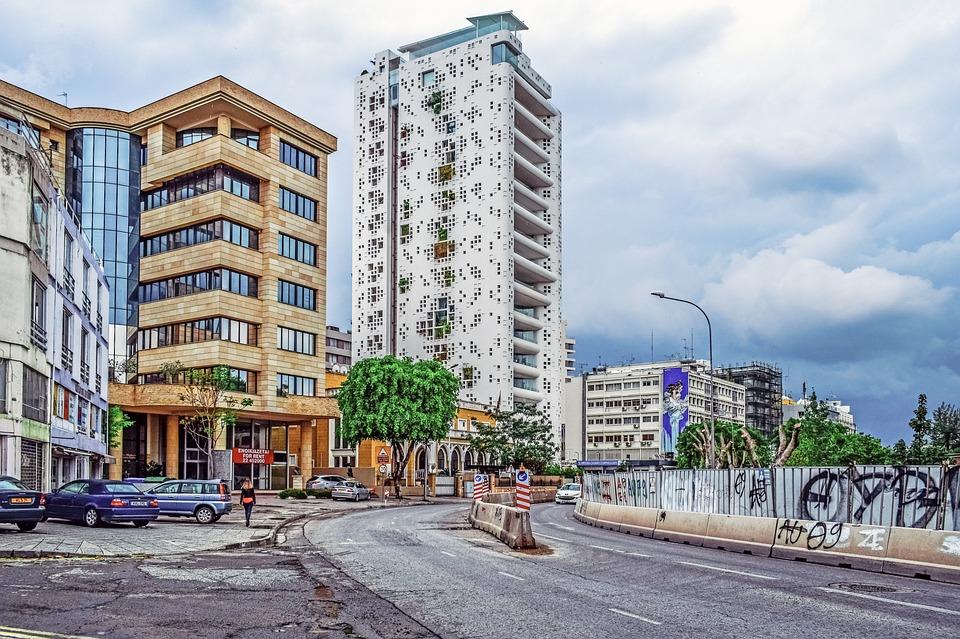
Are you interested in real estate in Cyprus? Check out DOM! The agency's website offers the largest database of real estate in the country - more than 30,000 residential and commercial properties across the island! Here you will find information on the latest development projects. Choose and contact professional brokers who will help you make the right choice!
Also read:
- 10 ways to reduce electricity costs in Cyprus
- Two floors, a terrace, and a gorgeous sea view: new developments in Cyprus with exclusive apartments
- Paphos or Limassol: pros and cons
- TOP 5 mistakes in the interior design of a new apartment
- TOP 10 residential projects in Nicosia with permanent residency included
- How to find the market value of your apartment in Cyprus


